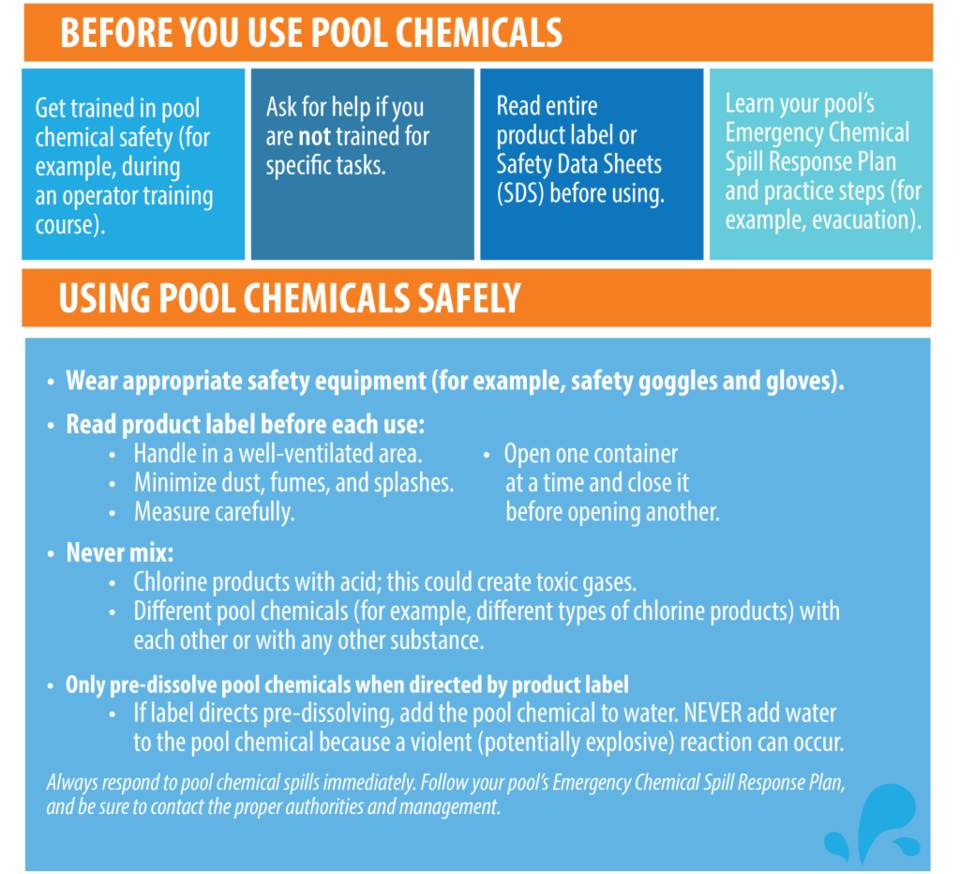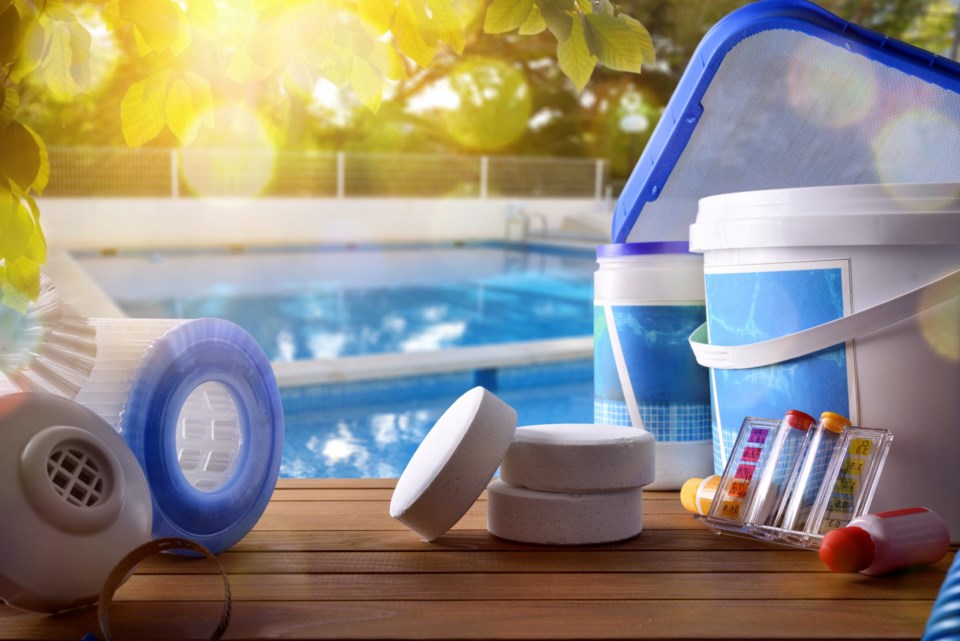According to the National Capital Poison Center, there has been an increase in the number of recreational water illnesses (RWI) outbreaks associated with swimming pools in the last two decades.
RWIs are caused by bacteria and germs in contaminated water and spread by swallowing, inhaling or by skin contact. To avoid this, the most common disinfectant used is chlorine, but the current heatwave is changing the chemical balance in the water, meaning that chlorine levels could be higher, making the water corrosive, or too low, permitting the spread of harmful bacteria and germs. Neither is good.
"The high temperatures evaporate our water at a rapid pace,” said Lisa Ifland, owner and founder of the pool supplies and inspection company Pinch A Penny Plano to NBCDFW. “And during that time, we're losing not only water, but our chemicals as well. So we're struggling with mother nature right now.”
Ifland works on 60,000 pools in the Plano area alone. With the increasingly hot summers, homeowners and first-time buyers prefer houses that come with pools or choose to build their own. Data collected by CAPE Analytics shows an over 500% surge in new backyard swimming pools in the U.S. New owners may be inexperienced and dealing with the chemicals needed to disinfect their pools is a dangerous task if safety rules aren’t followed.
"If you get a pool that has not properly balanced and the chlorine level is either high or low, the water can be corrosive, and you can feel burning on your skin. You can feel burning on your eyes, you can have a rash on your skin,” said Ifland. “There's all types of effects you can experience getting out of the pool – you can feel nauseated. The water chemistry balance is very important."
If you are new to pool maintenance your best option is to call an expert, but if you are doing it on your own, follow the CDC safety tips:

Ifland additional advice is to always mix the chemicals in a bucket first instead of tossing them directly into the pool and make sure it gets evenly distributed.




